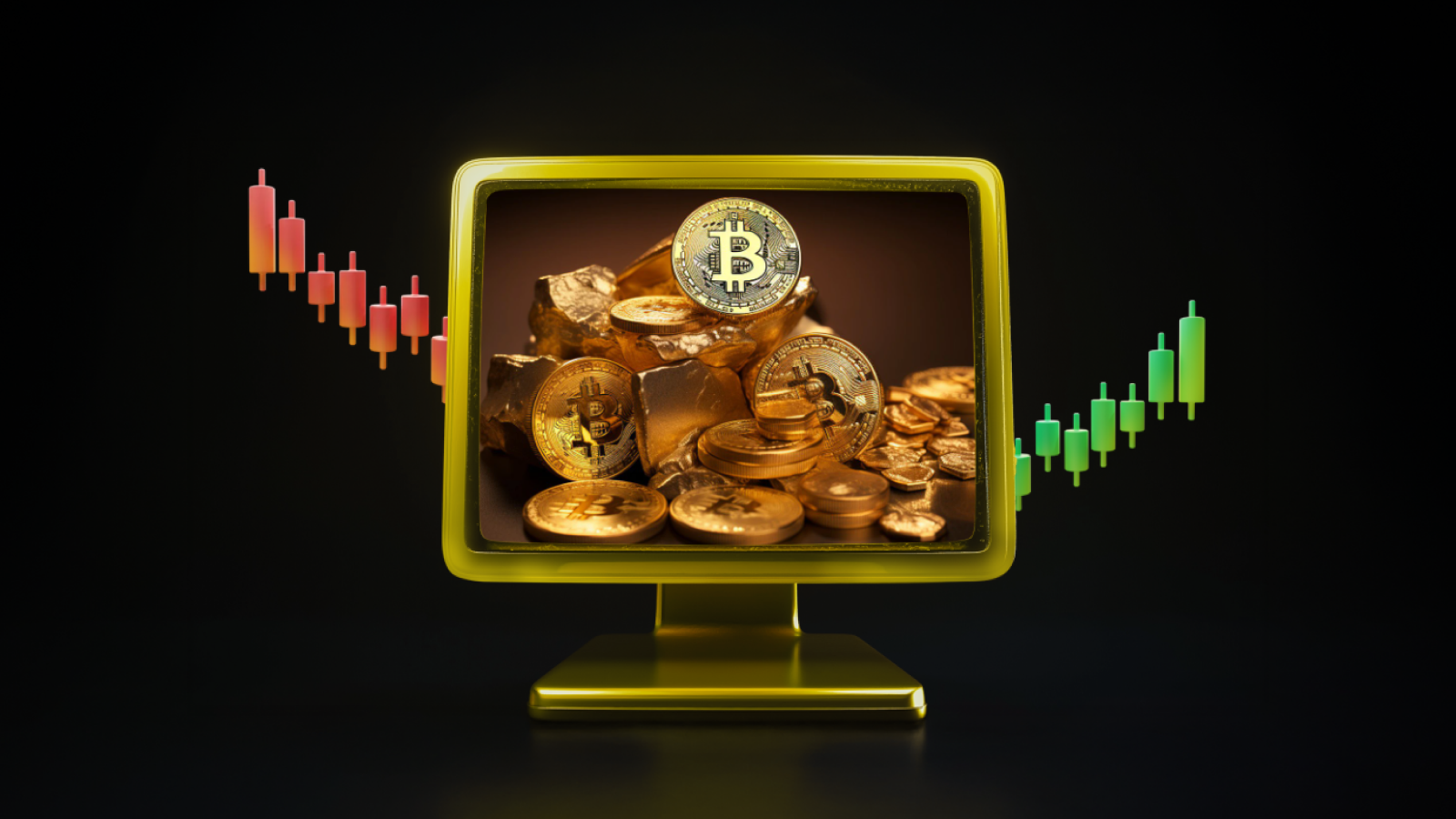Introduction
Political instability, trade policies, conflicts and macroeconomic trends have a direct impact on market dynamics, making it critical for investors to adjust their portfolios accordingly. Recent events show that confidence is fragile, including in Europe. The development of economic growth, global monetary policy and geopolitics remain uncertain, leading to fundamental risk factors. The rapid development of cryptocurrencies has profoundly shaken traditional financial systems by offering decentralized alternatives to central banking. When Bitcoin emerged in 2009, it started a global movement towards digital finance that challenged established regulatory frameworks. The rise of cryptocurrencies coincided with significant geopolitical changes, most notably the presidency of Donald Trump (2017-2021).
Geopolitical Factors and Crypto
Global markets are highly sensitive to political and economic disruptions. Changes in government policies, diplomatic conflicts or trade agreements can create market volatility and require investors to be informed and proactive.
US-China Trade War: The trade conflict has increased economic uncertainty, leading some investors to view Bitcoin as a “digital gold” against fiat currency devaluation.
Sanctions and Cryptocurrency Use: Countries such as Iran and North Korea have reportedly turned to cryptocurrencies to circumvent US sanctions, further fueling the Trump administration’s skepticism towards digital assets.
Increased Scrutiny: Continued stringent regulatory oversight, especially with regard to stablecoins and decentralized platforms.
National Security Concerns: Policies aimed at curbing the use of cryptocurrencies to evade sanctions or finance terrorism.
The Rise of CBDCs: Countries like China have accelerated the development of central bank digital currencies (CBDCs), partly in response to US sanctions and dollar dominance.
Crypto-Friendly Jurisdictions: Countries like El Salvador that have accepted Bitcoin as legal tender have positioned themselves as an alternative to stricter regulatory environments.
The Impact of Declining Geopolitical Tensions on Bitcoin
Bitcoin’s recent price movements have been significantly influenced by geopolitical developments. The temporary ceasefire in Ukraine has brought a sense of stability to the region’s economies, which has had a positive impact on global markets, including cryptocurrencies. Historical data indicates that the easing of geopolitical tensions often leads to more favorable trading environments for digital assets. In addition, the suspension of tariffs on electricity exports from Ontario has further boosted market optimism as investors see these diplomatic efforts translating into economic benefits and reduced volatility in the crypto space.
Market sentiment has shifted to a cautiously optimistic outlook. The reduction in liquidations and the easing of key negative macroeconomic factors have encouraged investors to believe in a potential recovery.
Potential Impact of Geopolitical Developments on Crypto Markets
Geopolitical tensions can affect all sectors, from technology to commodities. Without a strategic approach to managing these risks, investors expose their portfolios to unnecessary volatility.
It is important to be aware of potential risks that could disrupt the positive market outlook. Uncertainties regarding future interest rate adjustments by the US Federal Reserve, persistent inflationary pressures and ongoing geopolitical developments still pose significant threats to market stability.
The recent rebound in the cryptocurrency market is a promising sign, as liquidations diminish and geopolitical tensions ease. However, investors should remain informed and cautious, aware of the delicate balance between recovery and risk factors. The interplay of political assurance, economic policies and market sentiment will play an important role in defining the future trajectory of cryptocurrencies. Geopolitical developments have often been observed to negatively impact the crypto market. These developments mainly include.
Global Conflicts and Political Instability: Wars, civil unrest and political transitions create uncertainty in markets, driving investors to “safe haven” assets such as gold, US Treasury bonds and Swiss francs.
Trade Wars and Economic Sanctions: International trade disputes, such as the US-China trade war, create volatility in global markets by disrupting supply chains and corporate profitability. The recent imposition of tariffs by the US could be the start of a new trade war.
Interest Rate Policies and Inflation Trends: Central banks’ decisions on interest rates affect borrowing costs, liquidity and economic growth, which in turn affect stock and bond market performance.
Energy Supply and Commodity Prices: Geopolitical instability in key regions affects oil and gas supply chains, leading to price volatility that affects inflation and economic stability.
Currency Fluctuations and Foreign Exchange Markets: Political and economic instability can weaken a country’s currency, affecting multinational companies and their competitiveness in global trade.
Conclusion
Predicting Bitcoin’s price in 2026 requires taking into account a large number of interconnected factors. While technological advancements, regulatory clarity and macroeconomic conditions, and geopolitical situations will play important roles, market sentiment and investor behavior remain highly unpredictable. In a bullish scenario, continued widespread institutional adoption, supportive regulations and technological advancements, as well as geopolitical events, will significantly alter prices. It is very important to remember that any price forecast is speculative. Rather than focusing on a specific price target, it is more prudent to analyze the potential impact of these various factors and understand the range of possible outcomes. The future of Bitcoin’s price in 2026 remains uncertain, but understanding these influencing factors provides a framework for informed speculation and risk assessment.
Finally, the strength of the US dollar and major geopolitical events can affect the price of Bitcoin. A weaker dollar could increase demand for Bitcoin as an alternative store of value, while geopolitical instability could drive investors towards safer-haven assets and benefit or harm Bitcoin depending on market sentiment.





